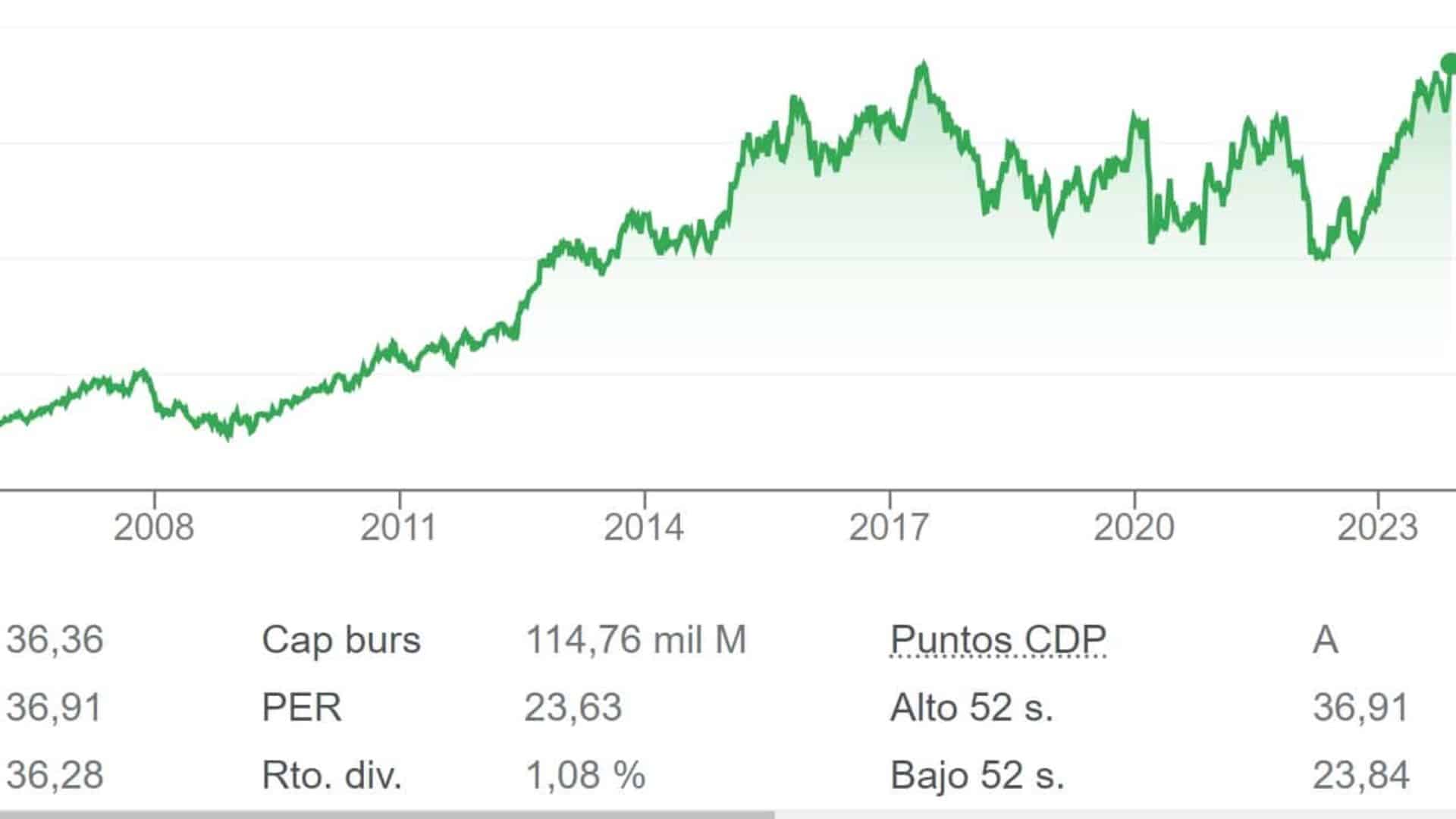
ERE Telefónica: Key week for signing the final agreement
The unions will inform Telefónica next Thursday, 28 December, whether they accept its final proposal on the employment regulation plan (ERE), with 3,421 people affected, and the new collective agreement, which includes the 36-hour working day.
The day before, the consultative bodies of the UGT and CCOO will meet to ratify or not the principle of agreement reached with the company in both areas on Thursday 21 December, after a day of intense negotiations, according to union sources who informed EFE.
They did so in a context marked by the announcement that the Sociedad Estatal de Participaciones Industriales (Sepi) had been commissioned by the government to buy up to 10% of its capital, which will mean the return of the state to the operator 26 years after its departure, with a stake that could position it as the largest shareholder.
In its last meeting, the Spanish multinational proposed a reduction of 138 in the number of people affected by the ERE, to 3,421, in addition to improving the economic conditions, both in terms of income and accompaniment.
However, the unions had linked this agreement from the beginning to the signing of the 3rd Collective Agreement for Related Companies (CEV) in Spain, which they have been negotiating in parallel to the ERE and which they also put on track that day.
After a December of negotiations, if they finally announce an agreement on Thursday 28th, Telefónica and the unions will sign the ERE and the new collective agreement at the beginning of 2024, according to these sources.
Telefónica and the unions will agree to 3,421 departures
Although the operator initially put the number of redundant staff at 5,124 out of the 16,000 workers it had in Spain, its latest proposal reduced this figure to 3,421 workers, of which 2,958 are from Telefónica de España, 397 from Telefónica Móviles and 66 from Telefónica Soluciones.
In the case of the financial offer, Telefónica proposed to pay those born in 1968 68% of their salary up to the age of 63 and 38% up to the age of 65.
For those born between 1967 and 1964, the percentage is reduced to 62% of the regulatory salary until the age of 63 and 34% until 65, while those born in 1963 or earlier will receive 52% until 63 and 35% until 65. For these last two age groups, the company will also pay a voluntary bonus of 10,000 euros.
In addition, the company will offer income reversibility, pay the social security discount during unemployment or pay the group insurance up to the age of 63, among other complementary conditions.
Open until 2025
The period for the ERE will be open between 9 January and 8 February 2024, while the company will reply on 14 February and most of the departures will take place on 29 February, although they will not end until 31 March 2025.
If the number is not reached, there will be forced departures, something the unions had tried to avoid from the beginning.
36-hour working week
Those who remain in the company will benefit from a new collective agreement that will be in force between 1 January 2024 and 31 December 2026, with the possibility of extending it for a fourth year.
The new agreement reduces the working week from 37.5 to 36 hours per week over the next three years, at a rate of half an hour per year.
With regard to wage revisions, it establishes a wage increase of 1.5% per year, which will be revised in line with the CPI; it sets an October productivity bonus of 300 euros with 150 euros consolidable; and it maintains the bienniums and seniority without limitation.
It also improves the bonus for the flexible working week, extends the dental policy to the three entities and sets six days of unjustified leave.











